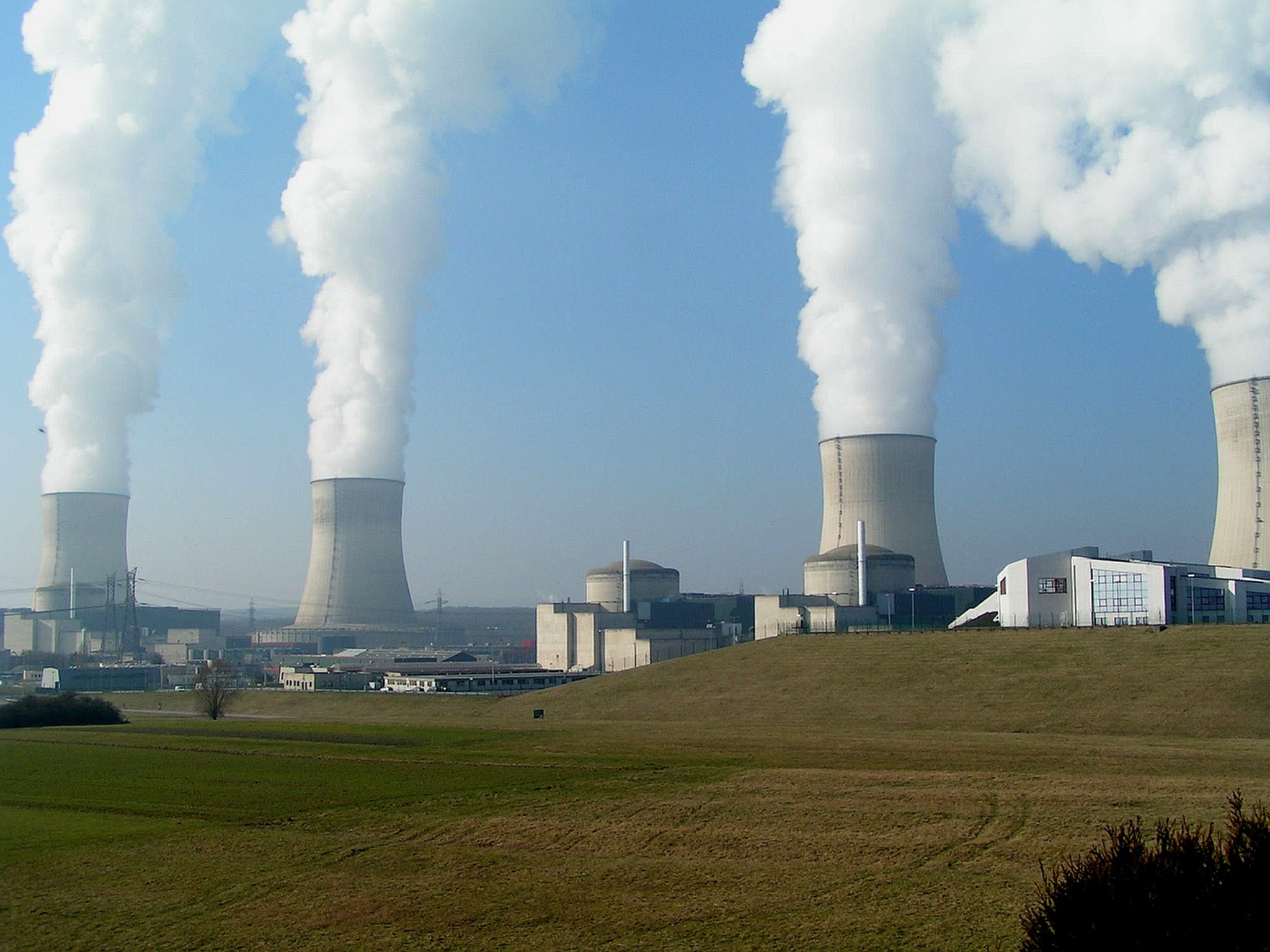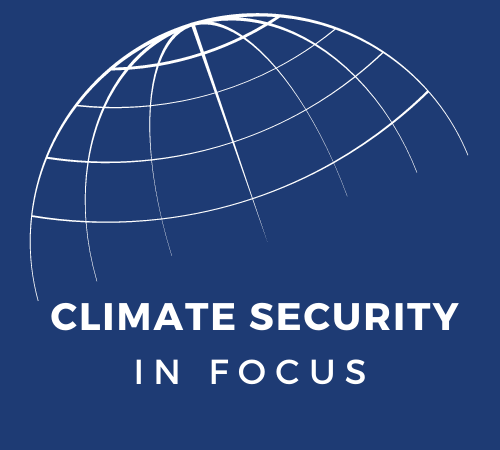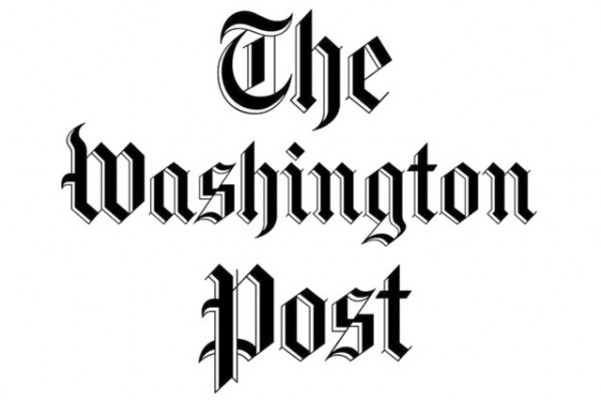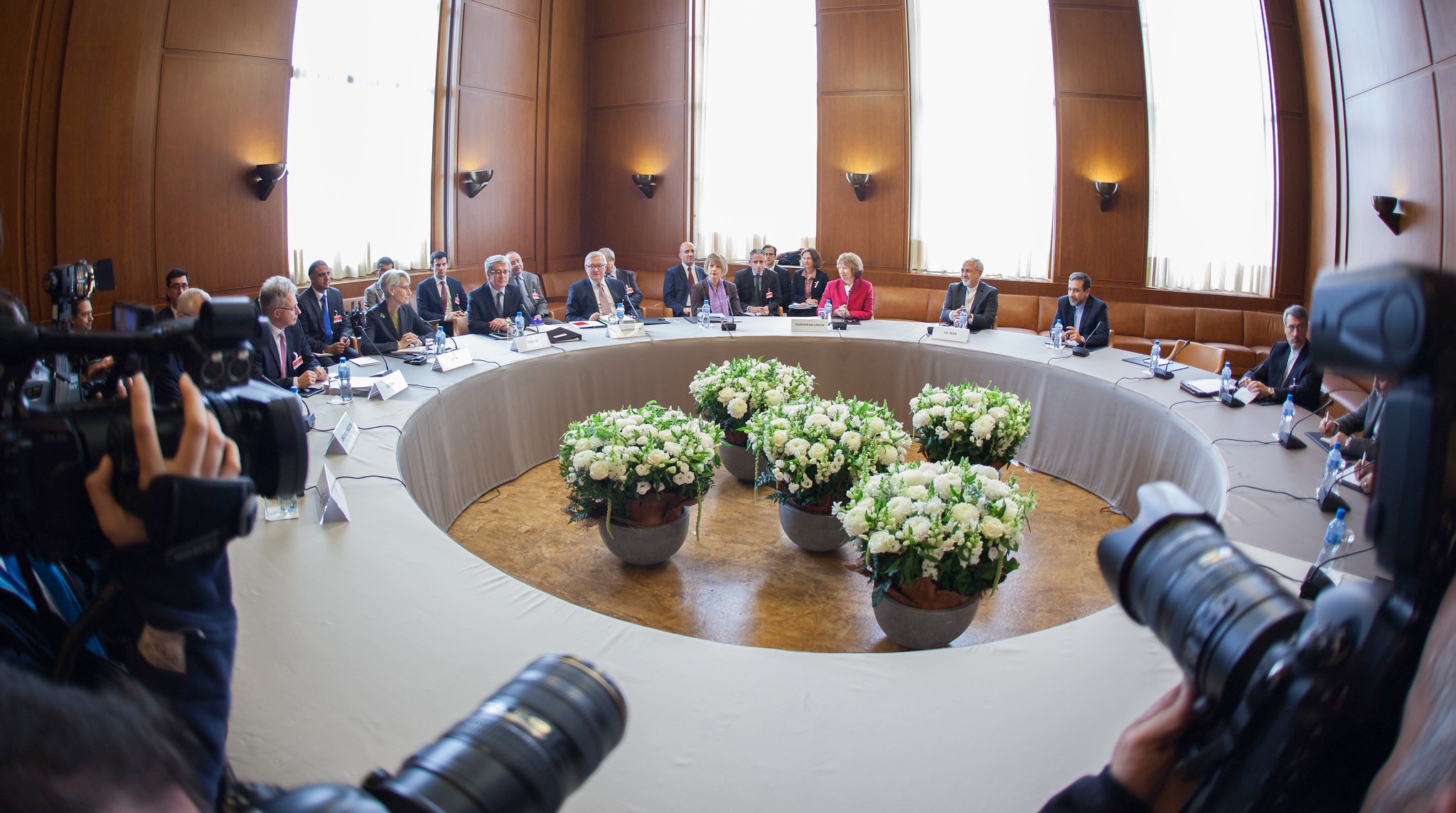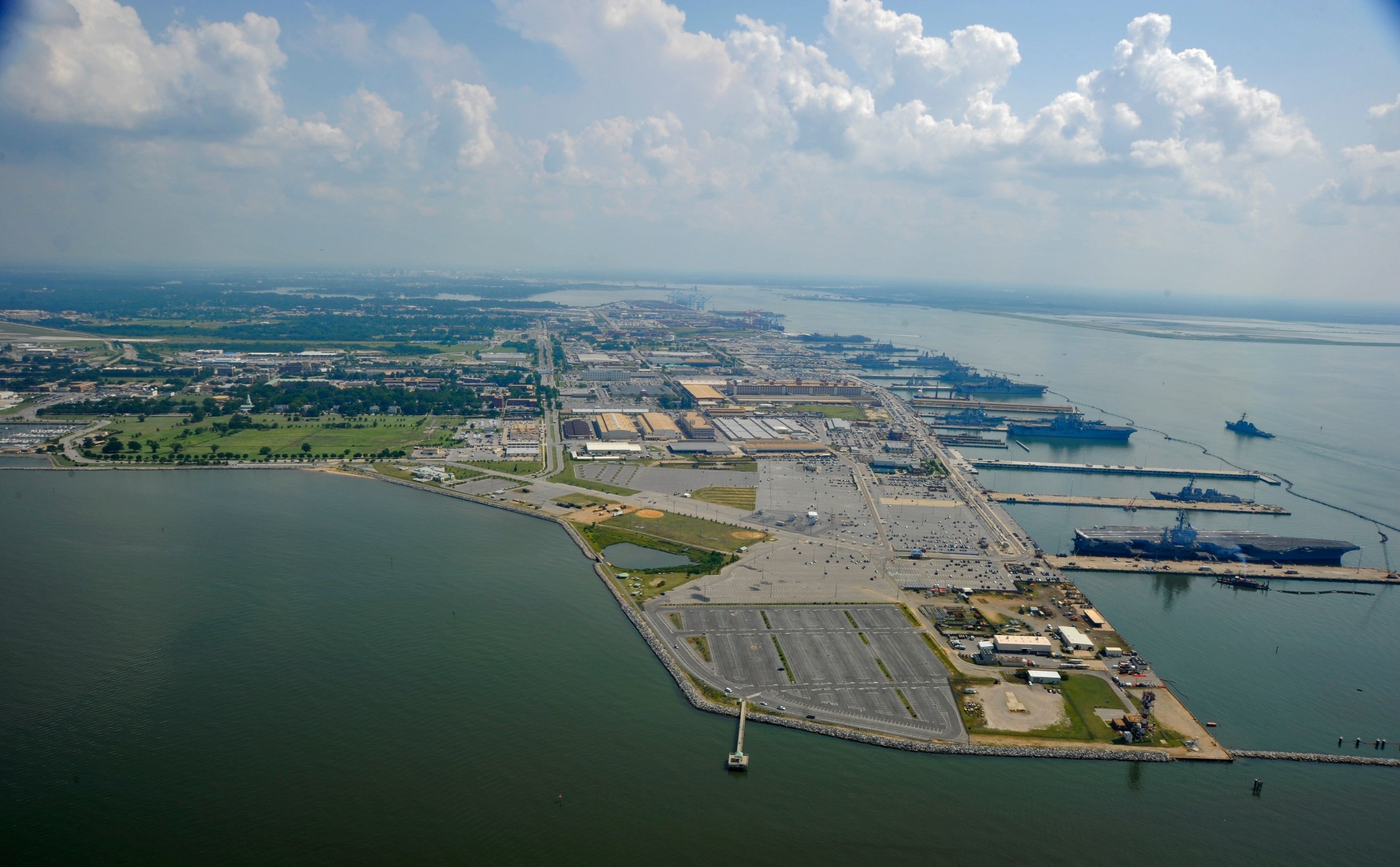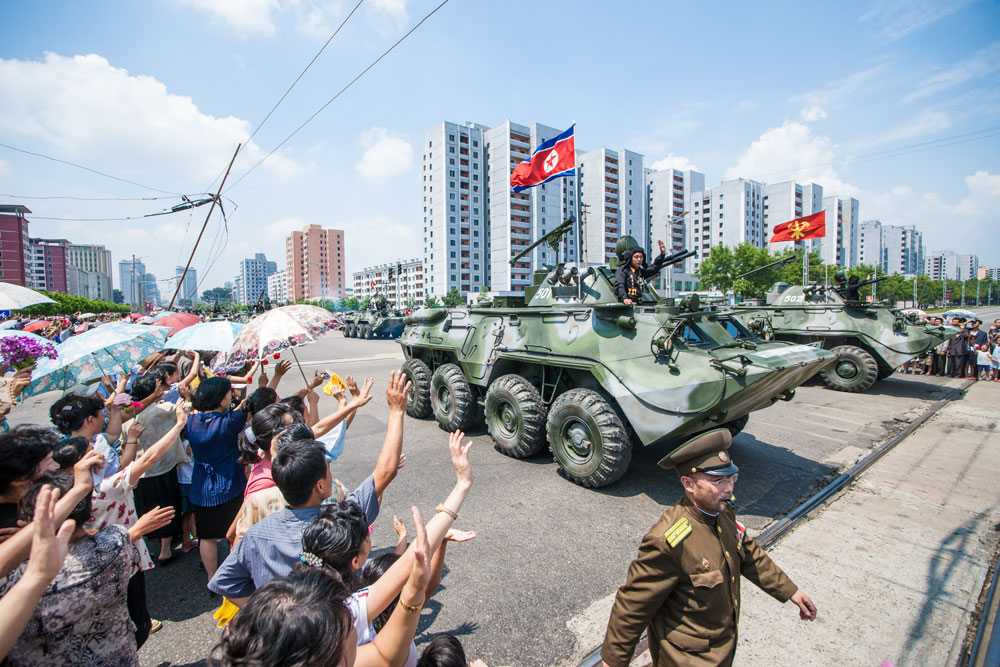With nuclear power in the news, thoughts may move to how safe it really is. The good news it that there are many reasons to feel secure about its use, among them human health, that it grows safer all the time, and its role in fighting climate change.Read more...
